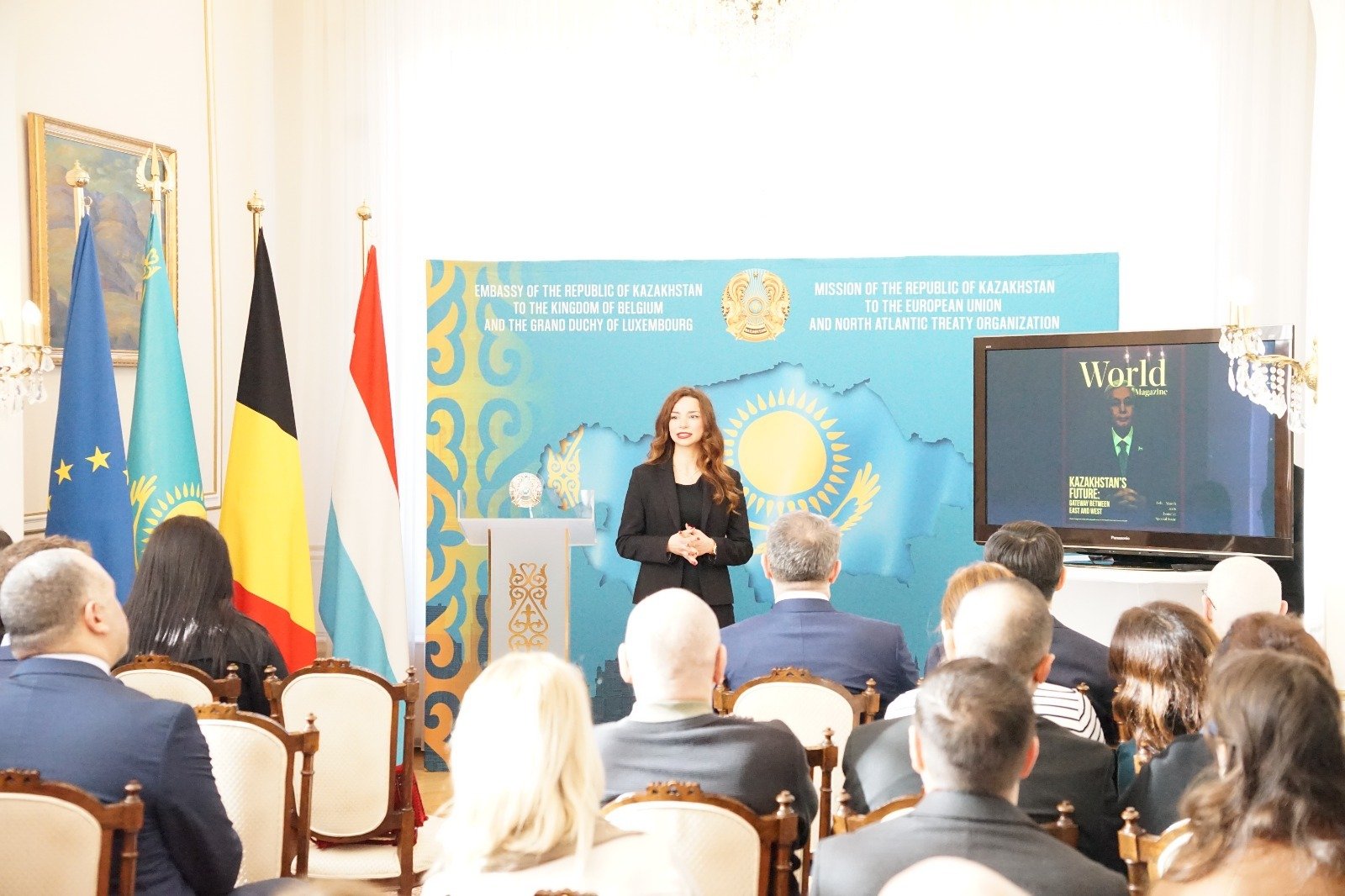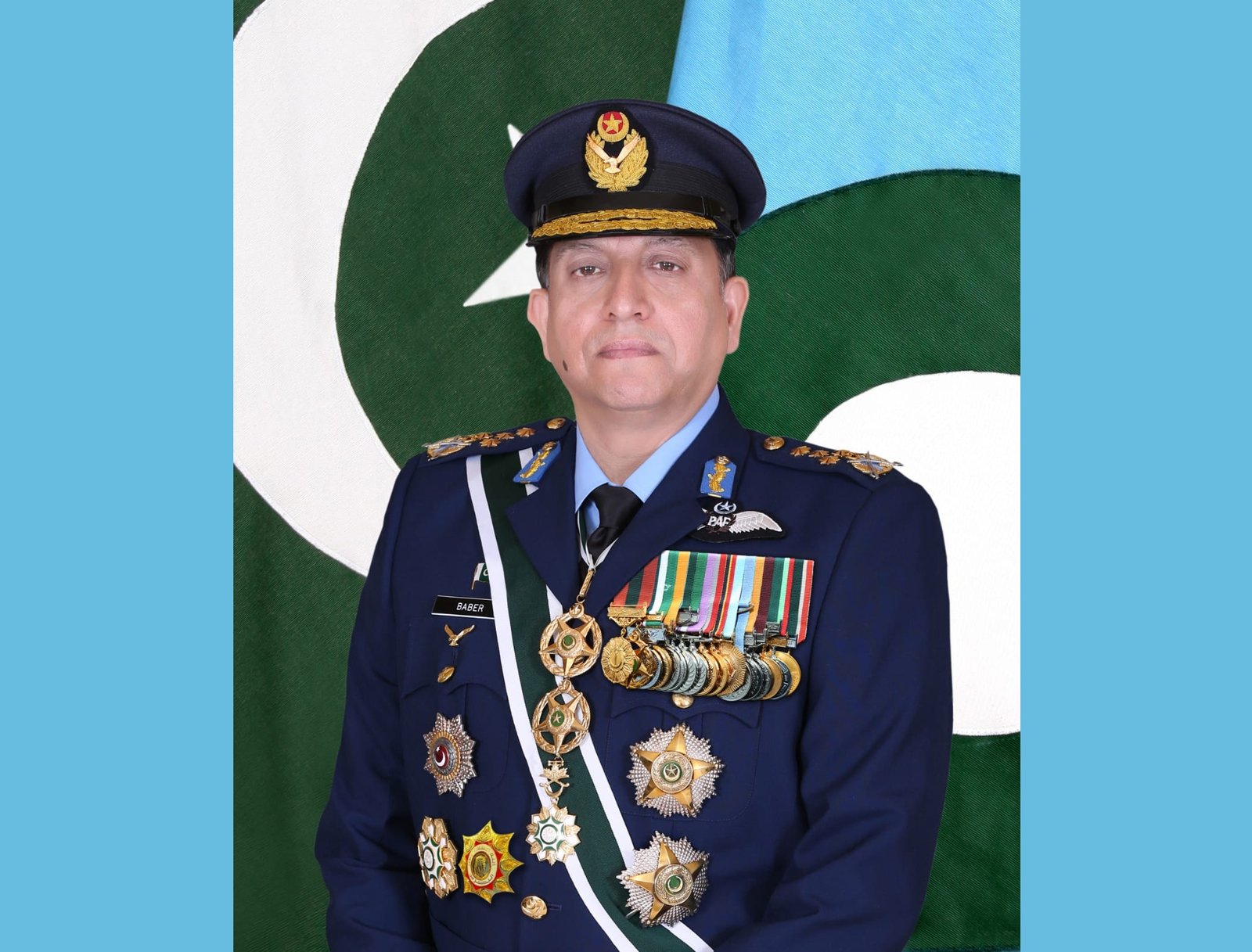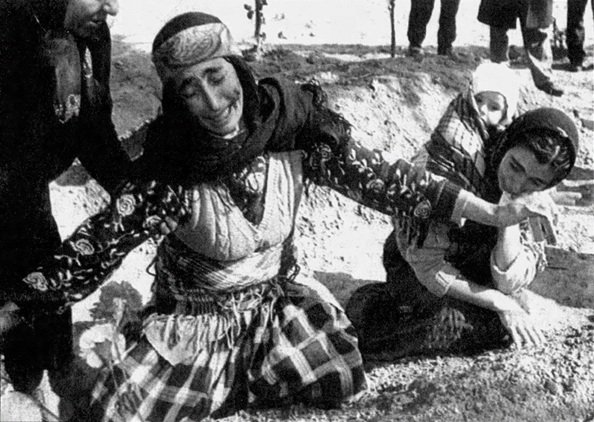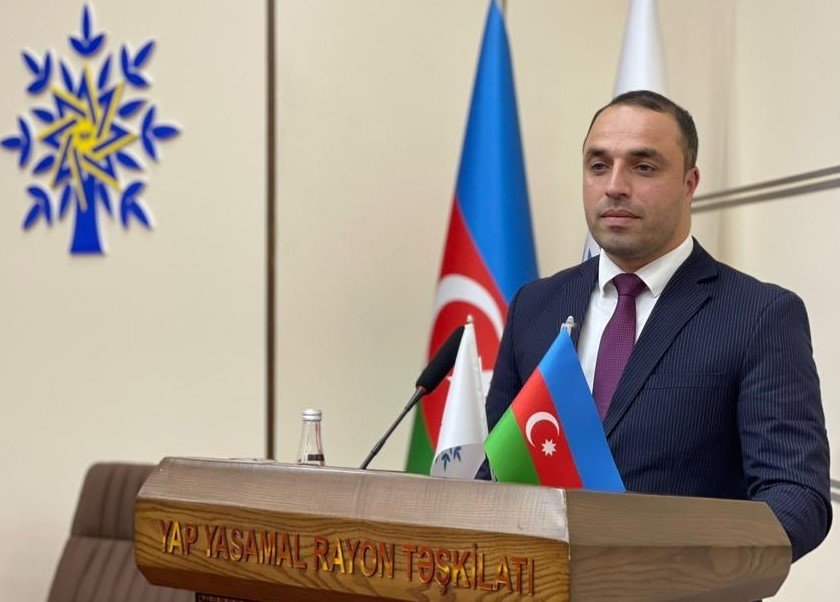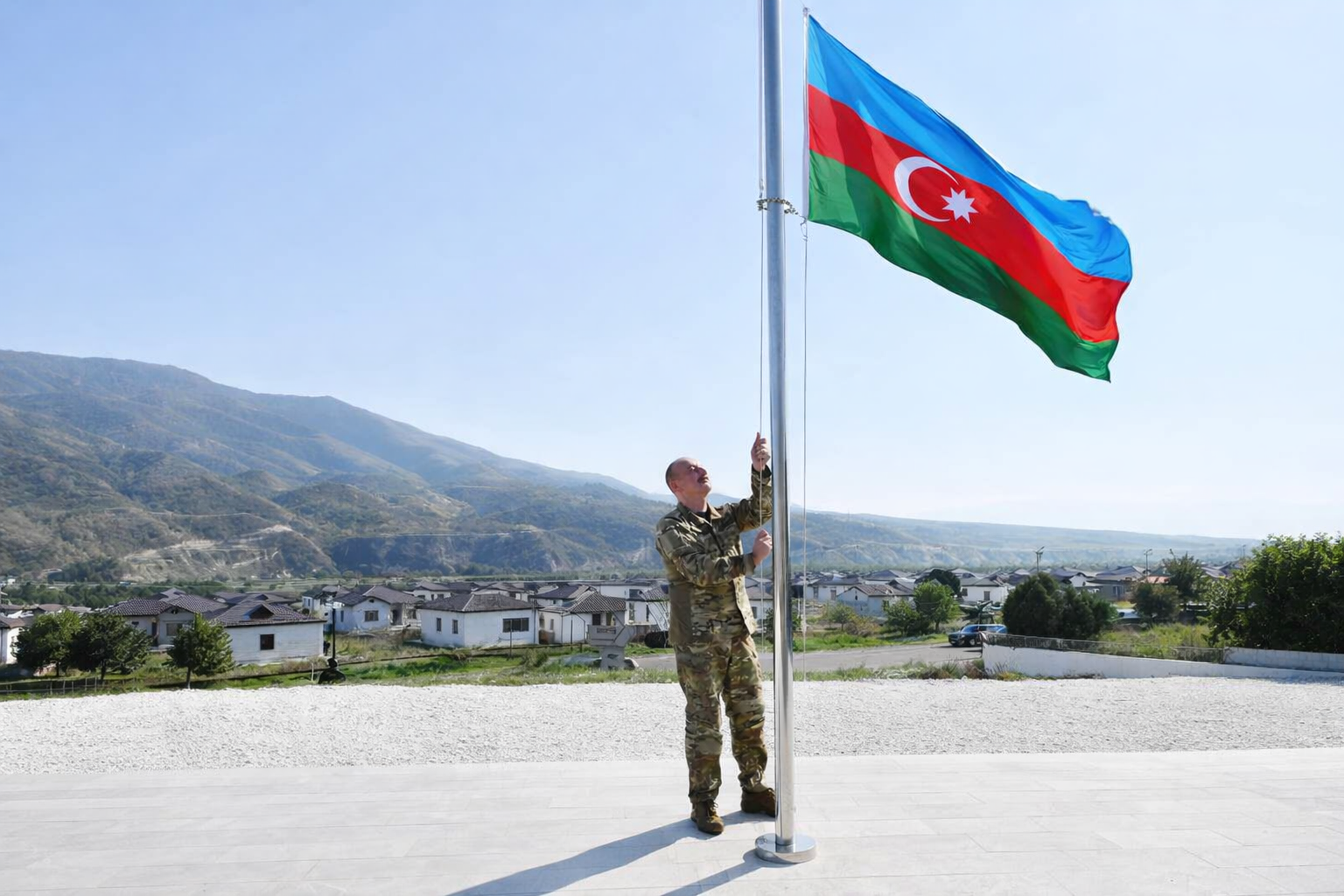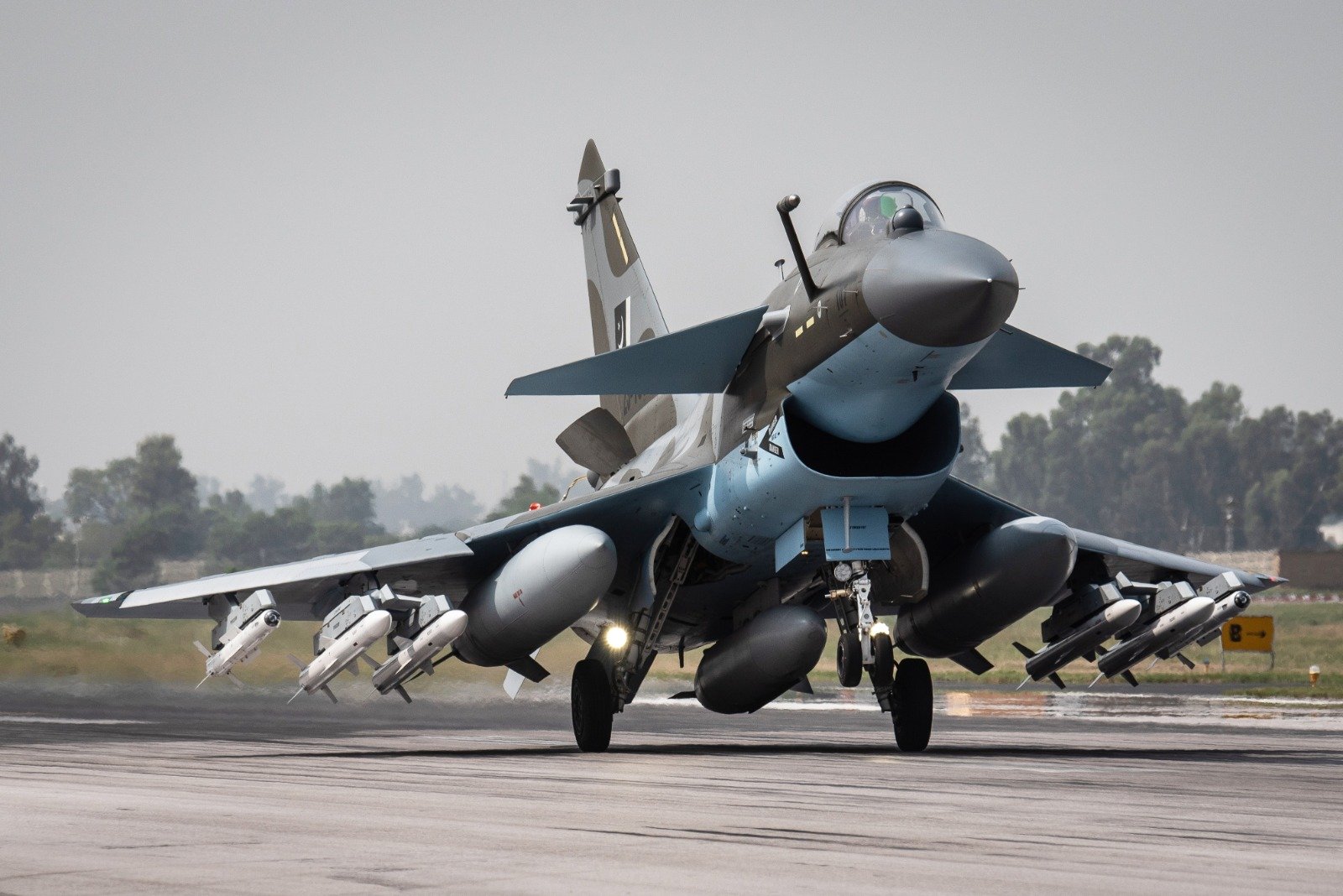Kazakhstan’s traditional sports and games are emblematic of the nation’s rich cultural heritage, vividly illustrating the interplay between physical prowess, spiritual values, and historical continuity. These activities, which range from equestrian contests to intellectual board games, offer insights into Kazakhstan’s nomadic past and its cultural ethos. Their evolution and current prominence reflect a unique amalgamation of historical significance and modern relevance.
Historical Context and Cultural Significance
Kazakh culture, deeply rooted in a nomadic lifestyle, has a profound connection with horses. This bond has shaped the development of equestrian games, which have historically been more than mere entertainment; they have been vital in preparing future warriors and reinforcing communal solidarity. These games, deeply embedded in Kazakhstan’s cultural fabric, continue to play a significant role in major celebrations and public events, thereby preserving and promoting cultural traditions.
Kokpar: A Test of Strength and Skill
Among Kazakhstan’s traditional sports, kokpar stands out as a particularly compelling example of equestrian prowess and communal values. Derived from the phrase “kok bori,” meaning gray wolf, kokpar initially reflected the historical animosity between nomads and wolves, which were considered formidable threats to livestock. The game evolved from a practice of hunting wolves to a competitive event involving the retrieval of a goat carcass. Today, kokpar is celebrated as a respected sport within Kazakhstan and other Central Asian countries, and will features prominently in the September, 2024, World Nomad Games.
Baige: The Endurance Race
Baige, another traditional equestrian event, highlights the tactical and endurance aspects of horse riding. With races spanning distances of 5 to 15 kilometers, baige underscores the importance of strategic skill and physical conditioning in both horses and riders. The race is categorized into kunan baige, for two-year-old foals, and alaman baige, for adult horses. The latter, characterized by its long-distance and demanding terrain, emphasizes the endurance of the horse rather than speed. The evolution of baige from a practical necessity to a competitive sport reflects the ongoing relevance of traditional practices in contemporary contexts.
Eagle Hunting: A Symbol of Nobility
Eagle hunting, known as kusbegilik or sayat, represents another significant aspect of Kazakhstan’s cultural heritage. This ancient tradition, which dates back to the Saka period, involves the use of trained golden eagles for hunting, showcasing both the skill of the hunters and the majesty of the birds. The practice remains an integral part of Kazakh culture, with competitions highlighting the expertise of berkutchi (eagle hunters) and continuing to be a celebrated tradition. These competitions, including those leading up to the World Nomad Games, serve not only to preserve the tradition but also to promote it on an international stage.
Kyz Kuu: A Cultural and Social Celebration
Kyz kuu, translating to “catch up with the girl,” offers a playful glimpse into Kazakh social customs. The game’s dynamic interplay of pursuit and playfulness reflects the cultural importance of social interaction and celebration in Kazakh society. It serves as a testament to the enduring nature of traditional games in fostering community spirit and cultural continuity.
Togyzkumalak: Intellectual Tradition
The board game togyzkumalak, known for its complexity and strategic depth, exemplifies the intellectual aspect of traditional Kazakh games. Recognized by UNESCO as part of the Intangible Cultural Heritage of Humanity, togyzkumalak is rooted in ancient Mongol and Turkic traditions. The game’s intricate rules and extended duration emphasize the value placed on intellectual skill and strategic thinking in Kazakh culture. Its inclusion in the World Nomad Games highlights the integration of intellectual and physical elements in the celebration of traditional practices.
Asyq Atu: Reviving Ancient Games
Asyq atu, a traditional board game played with sheep bones, represents another facet of Kazakhstan’s cultural heritage. The International Federation of Nomadic Sports’ efforts to promote and study asyq atu underscore the growing interest in preserving and revitalizing ancient games. The game’s inclusion in the World Nomad Games, alongside other traditional sports, reflects a broader movement to safeguard and celebrate nomadic traditions.
The World Nomad Games: A Global Showcase
The forthcoming Fifth World Nomad Games, scheduled to take place in Astana in 2024, represent a significant event in the promotion and preservation of nomadic cultures. With over 20 sports and 10 demonstration events, the Games will provide a platform for showcasing Kazakhstan’s rich heritage and the global significance of nomadic traditions. The expected participation of approximately 4,000 individuals from over 100 countries underscores the international appeal and importance of these cultural practices.
Conclusion
Kazakhstan’s traditional sports and games are not mere relics of the past but vibrant aspects of the nation’s living cultural heritage. They reflect a deep-seated connection to a nomadic lifestyle and offer insights into the values, skills, and social dynamics of Kazakh society. By celebrating and promoting these traditions through events like the World Nomad Games, Kazakhstan ensures that its rich cultural heritage continues to thrive and gain recognition on the global stage.

Mr. Muhammad Ali Pasha is an analyst and expert on Central Asia, South East Asia, China, Türkiye and Middle East having experience in the field of article writing in various renowned journals and newspapers across the globe. Furthermore, he is a writer and poet.
Owner and Patron-In-Chief of “The Gulf Observer”, Chairman “The Gulf Observer Research Forum”, Foreign Affairs Expert, Analyst, Writer and Poet.

